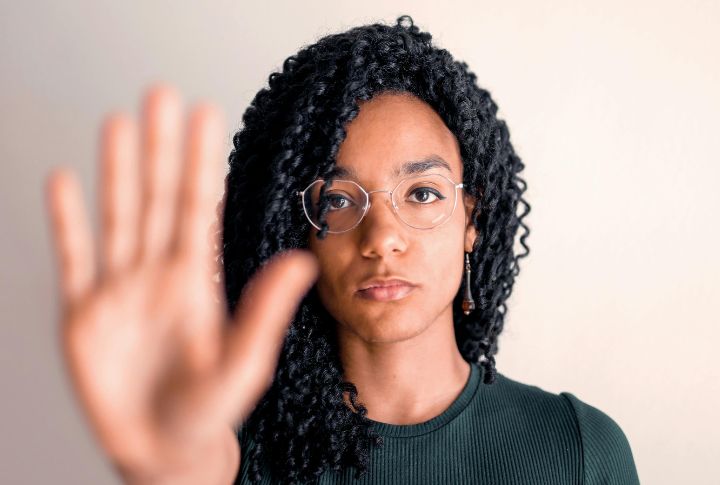
“Can I touch your hair?” might sound polite, but it’s really not. That question puts Black women in a no-win spot: agree and deal with unwanted touching, or refuse and risk being labeled rude. Here’s what people need to understand: hair isn’t a public exhibit, regardless of texture, style, or how fascinating it seems to onlookers. These boundary violations happen daily, and it’s time to understand why they’re problematic.
It’s Not Hygienic
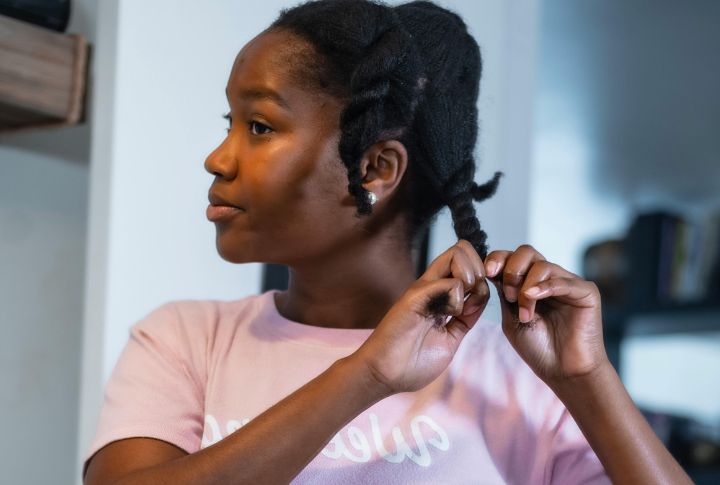
Let’s be honest—hands are rarely clean. Oils and germs transfer straight onto someone’s scalp, and that’s bad for both hair and health. Now imagine undoing a style that took up to 12 hours. Respect the time, respect the care, and remember, the simplest courtesy is keeping your hands away.
It Can Be Emotionally Triggering
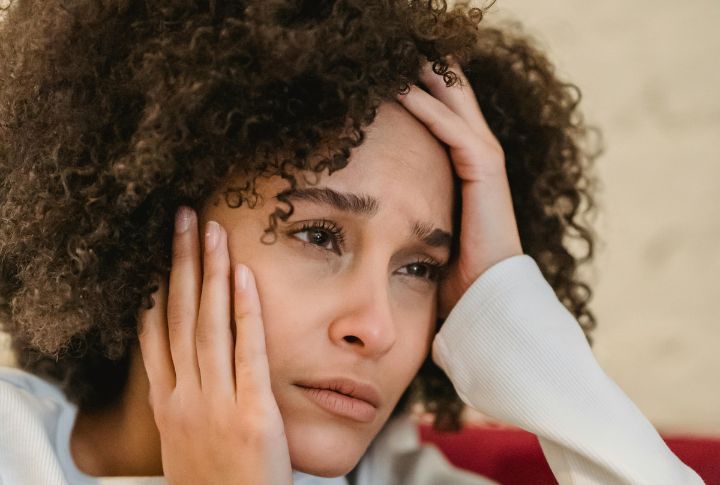
For many Black women, hair is tied to painful memories of ridicule and exclusion. Because of that, unwanted touching can bring those experiences rushing back, creating stress in the moment. It can feel like old wounds being reopened, which makes a casual gesture anything but harmless.
It Can Damage The Style
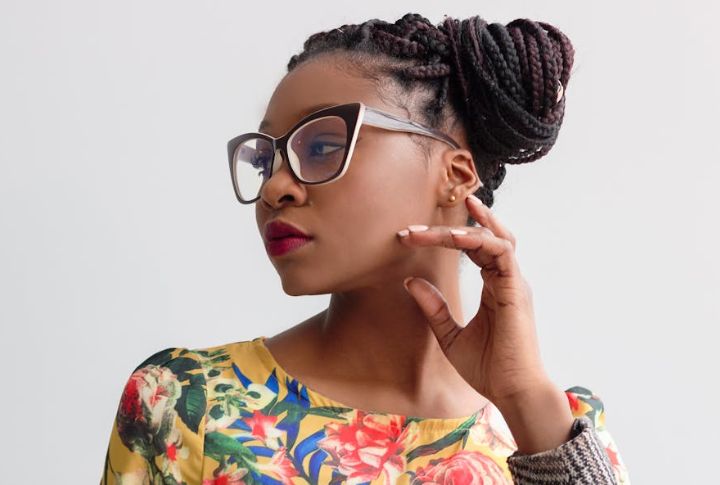
Hair should never be treated like playground equipment. Black hairstyles depend on structure, technique, and consistent care. Therefore, touching them might flatten curls or undo braids. And when a style is sealed with gel or heat? One careless touch makes the damage even worse. Show appreciation and keep your hands off completely.
It’s Not A Compliment

Compliments without boundaries do not feel like Admiration at all. Imagine hearing “I love your hair” as someone’s hand reaches in—that is not respect; it is invasion. Consent always matters. This type of behavior is known as “benevolent racism.” The truth? Praise should uplift and not cross lines that protect dignity.
It Disrupts Social Comfort
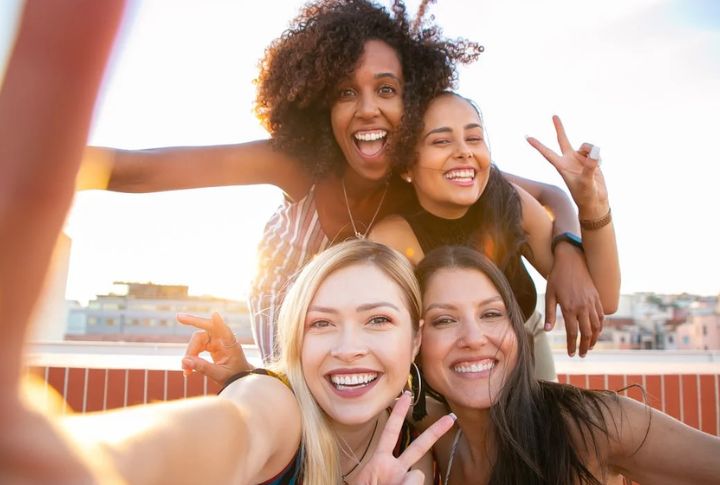
The vibe of a gathering can collapse when boundaries are crossed through hair-touching. Black women frequently carry the burden of standing out because of their hair, making unwanted contact even heavier. Many cope by covering with hats or scarves, but hiding isn’t freedom—it’s a response to pressure that quietly pushes them away from connection.
It Invades Sacred Space
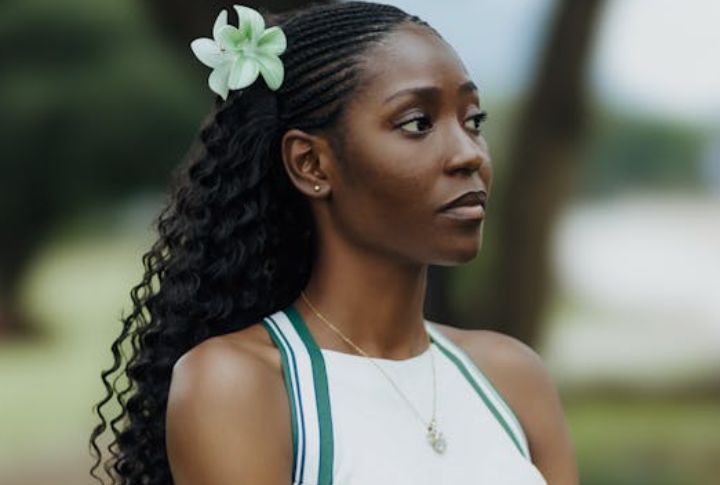
Hair carries deep meaning. For a lot of Black women, it’s tied to spirituality and ancestry. An unwelcome touch feels like an intrusion on that sacred identity. In African traditions, only trusted people handled hair, and it was frequently done during meaningful rituals.
It’s A Form Of Microaggression
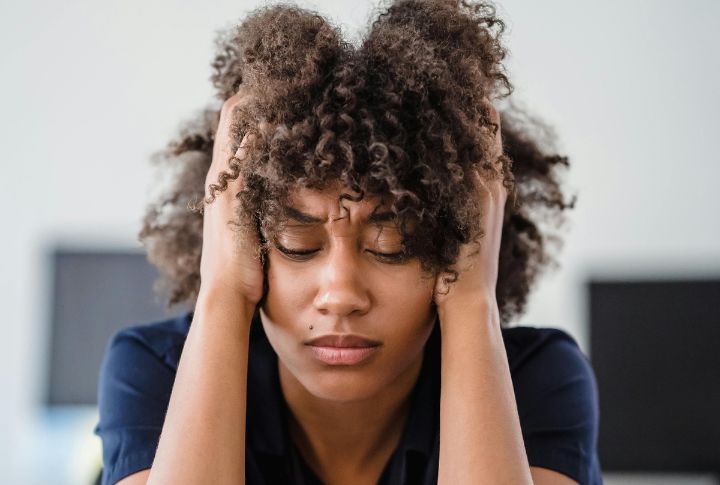
Touching a Black woman’s hair is never a small act—it signals racial disrespect. These moments, known as microaggressions, build up and take a real toll on mental health. According to Harvard, they even raise stress hormone levels. And to escape the stress, many choose to avoid social spaces altogether.
It Can Feel Objectifying

When Black hair becomes the center of attention, it risks reducing women to their appearance rather than valuing them as individuals. Offensive remarks, like comparing hair to wool, reveal how curiosity can slip into disrespect. Boundaries and consent help prevent such harmful treatment.
It Can Be Painful
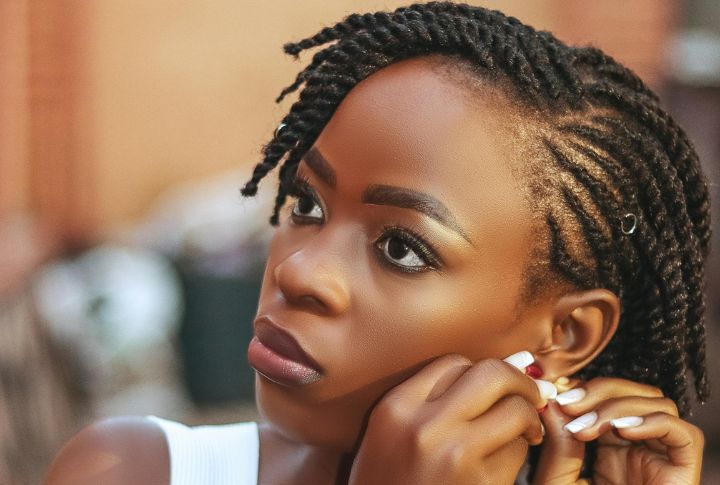
Protective hairstyles are carefully secured—many are tightly braided or pinned. That tension keeps the look in place but makes the scalp sensitive. Any tugging or casual touch can cause discomfort or irritation. This is why permission matters. Touching hair without consent is both intrusive and physically painful.
It’s A Workplace Concern

Hair discrimination is real, and many Black women deal with it at work. When someone touches their hair without asking, it only makes things worse. It chips away at professionalism and leaves people feeling singled out. The simplest way to keep a workplace respectful is to honor personal space.

